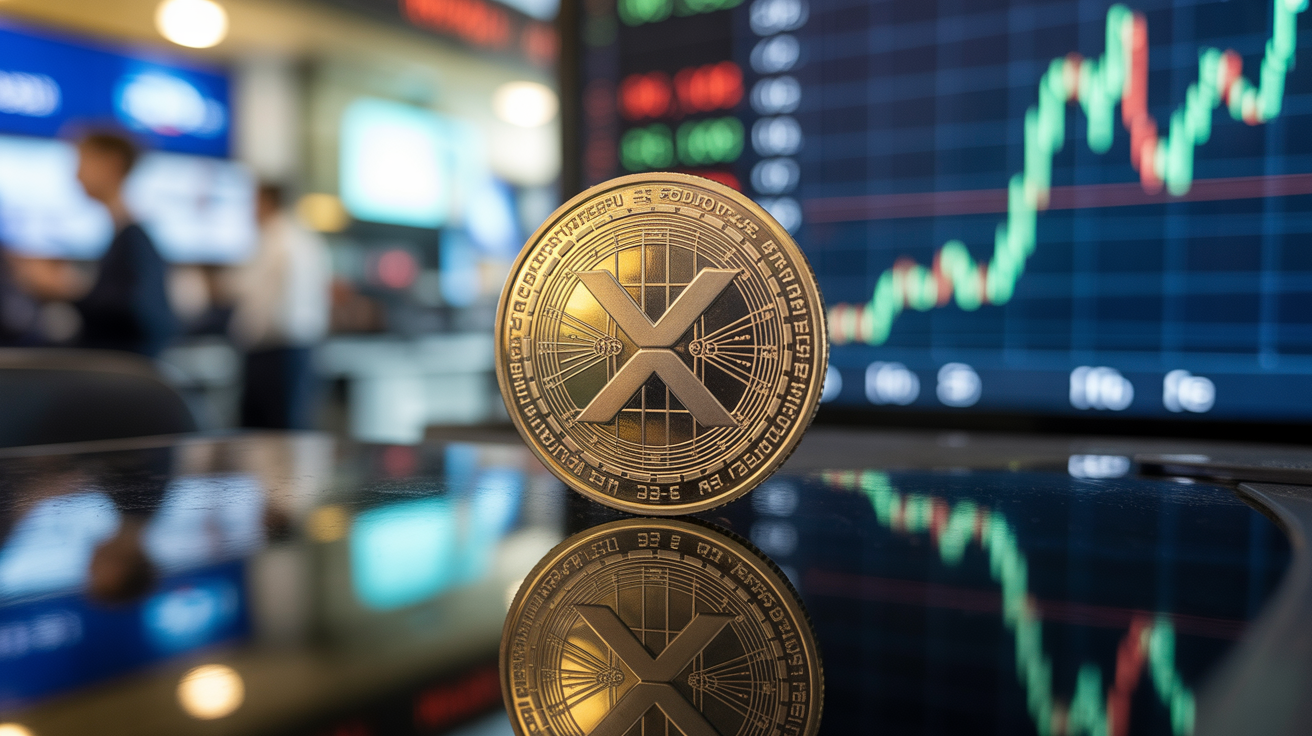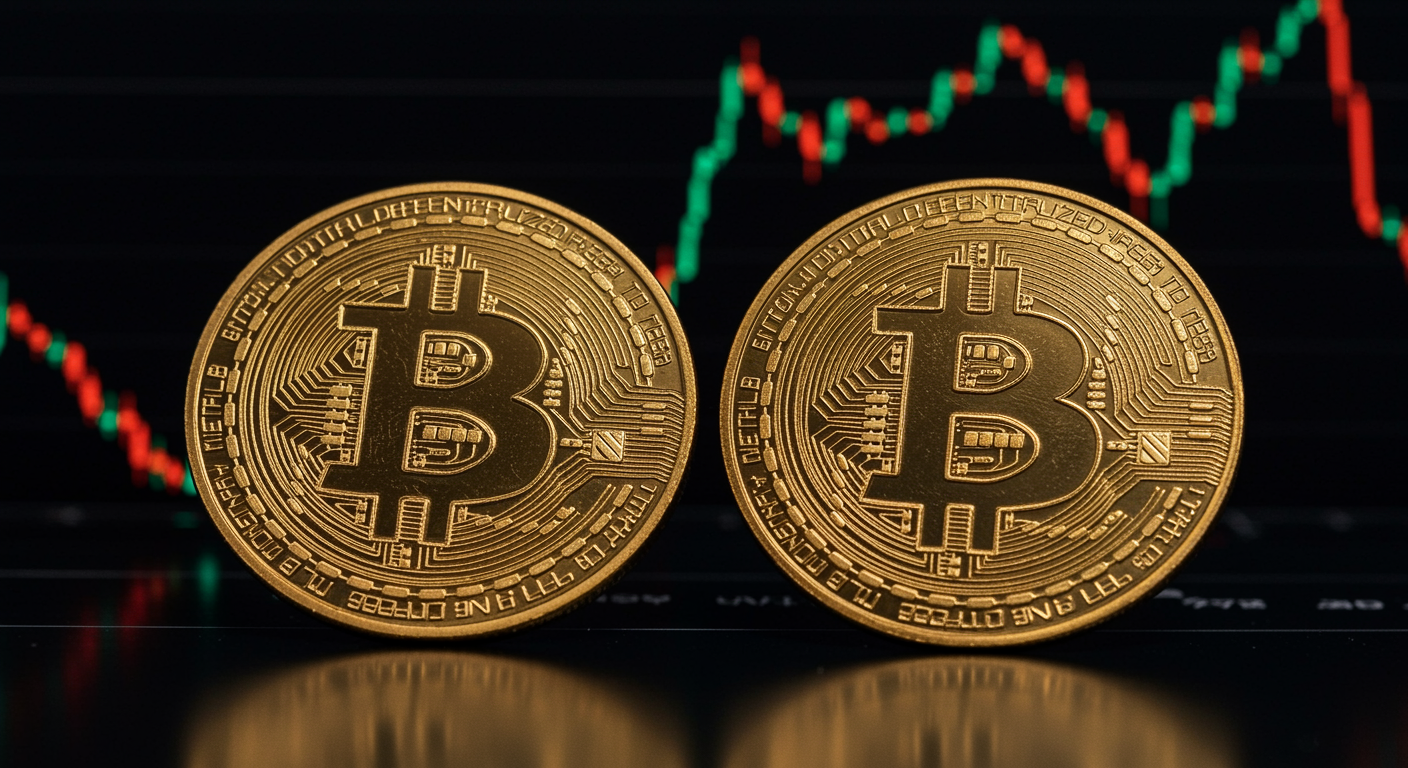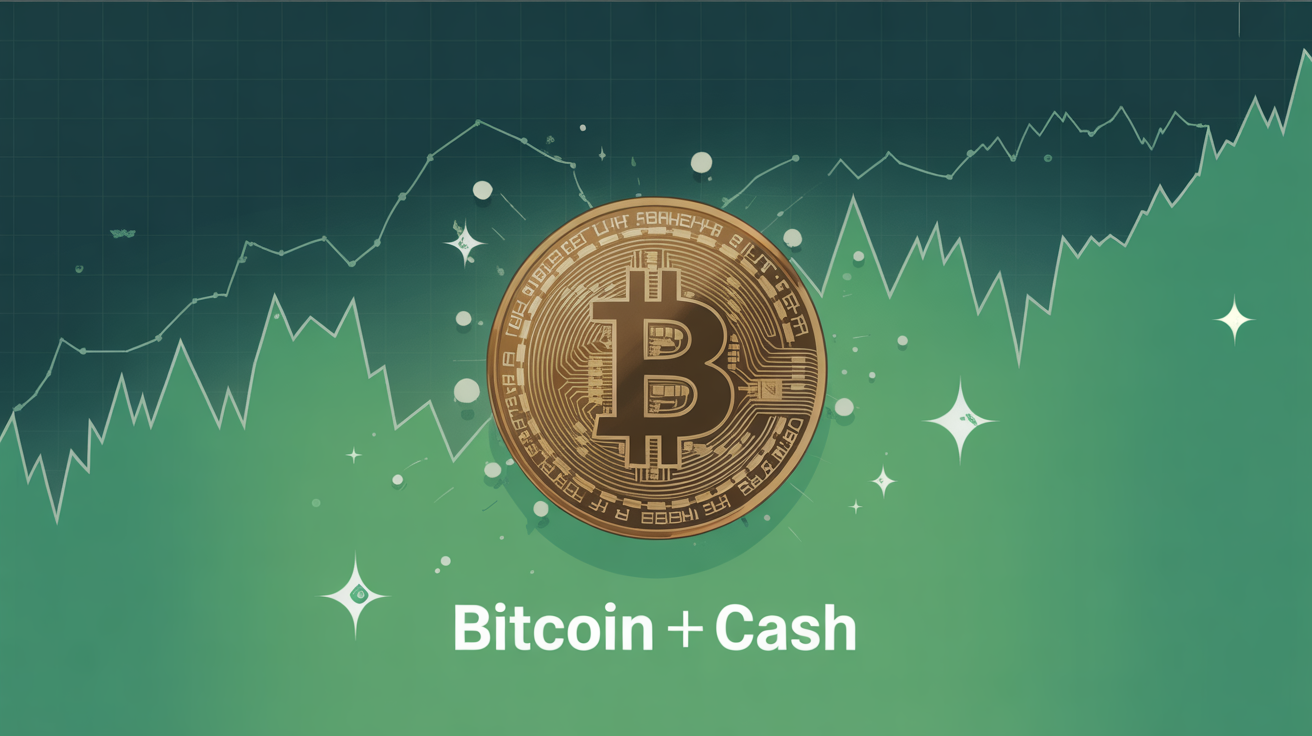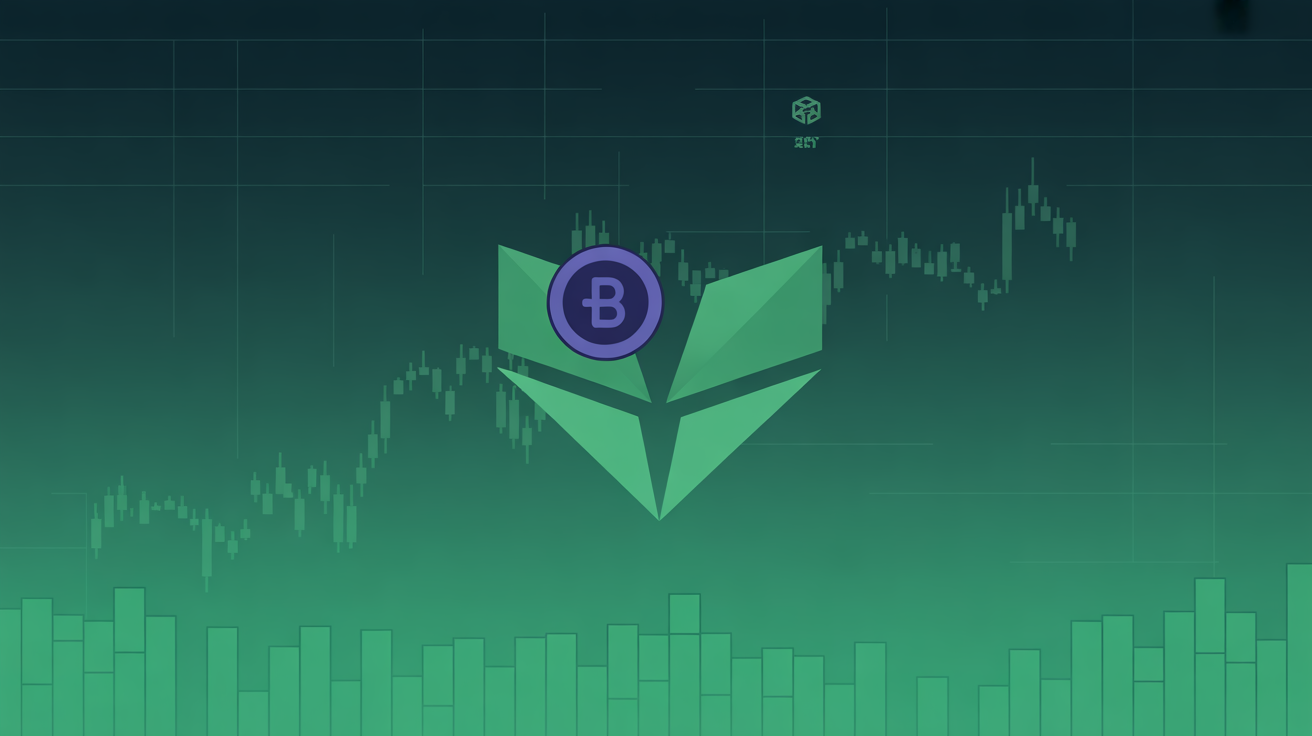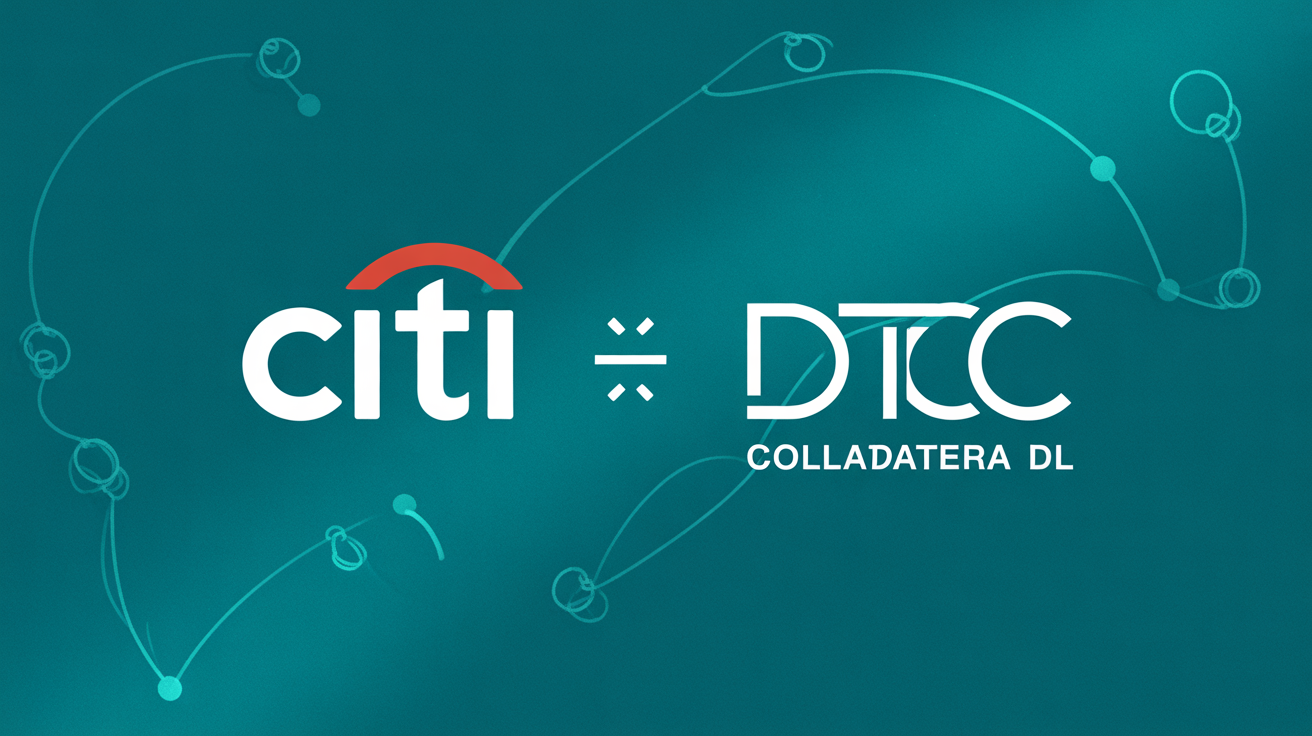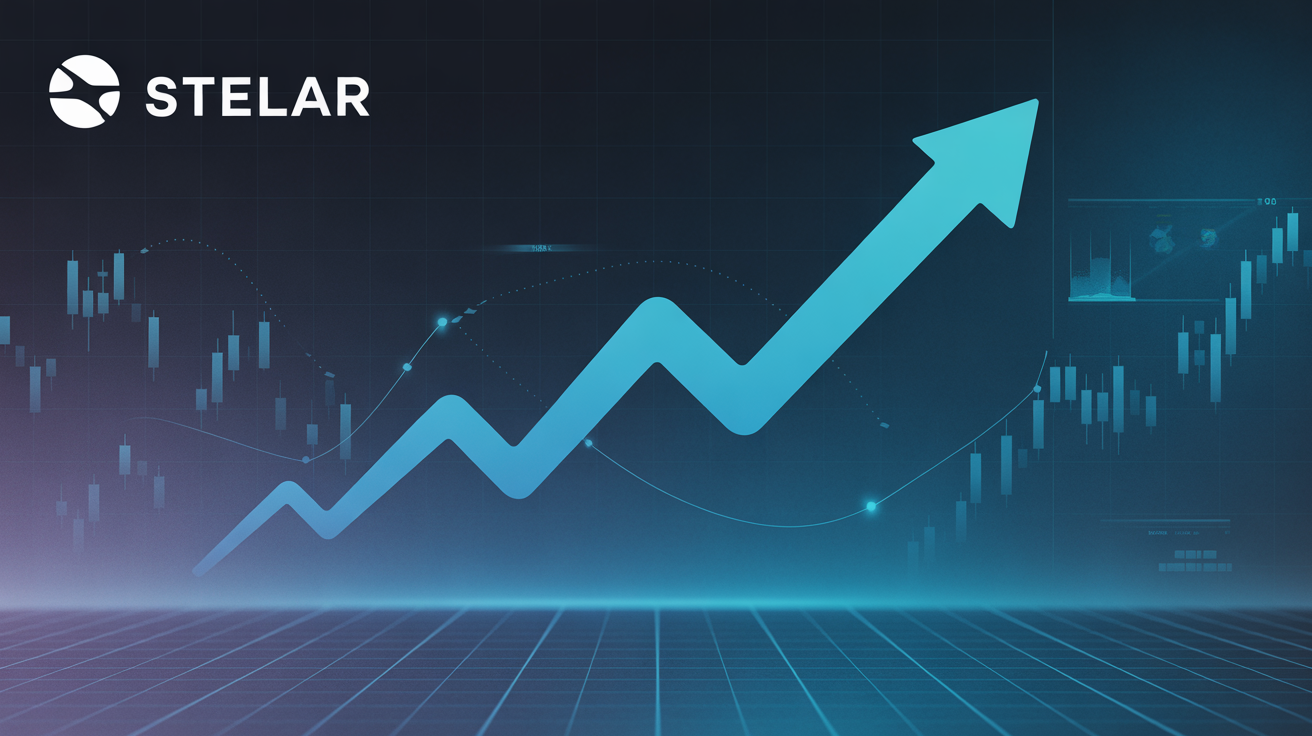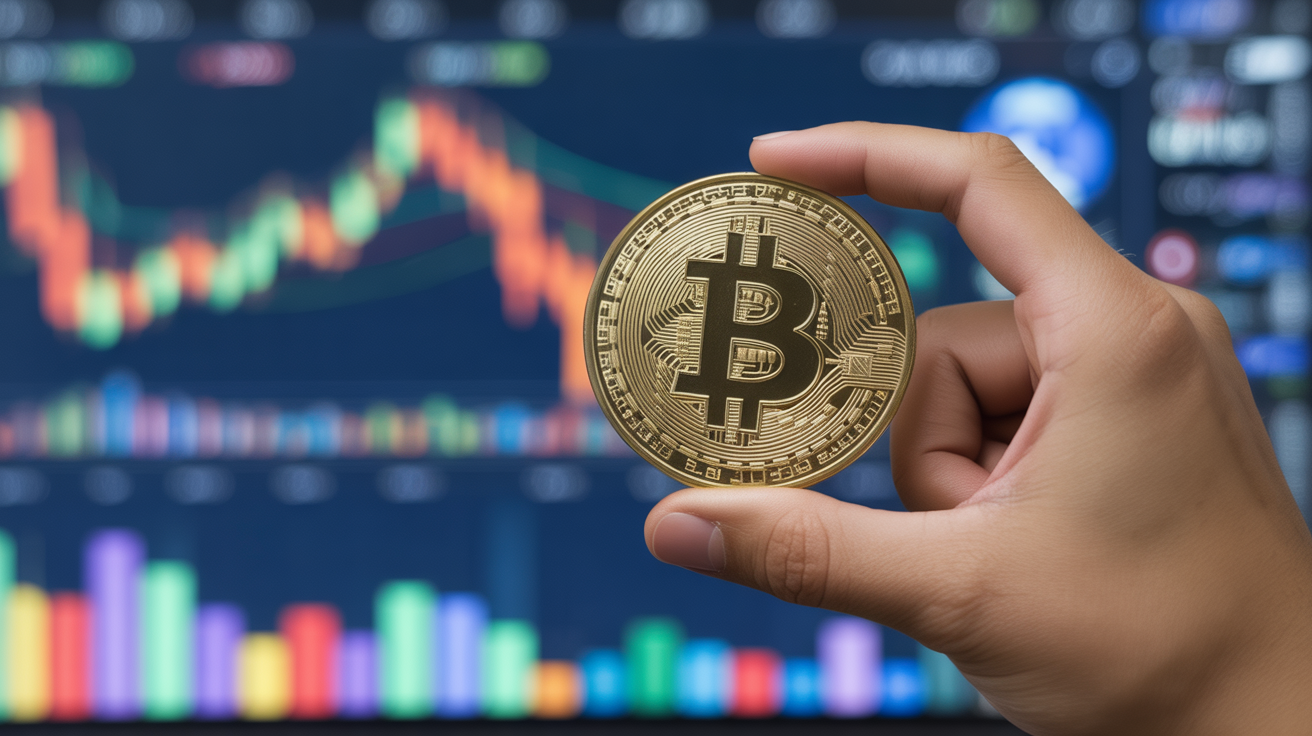Gold Tariffs Trigger Record Futures Surge, Highlighting Bitcoin’s Tariff-Free Appeal
Gold futures surged to an all-time high on Friday following an unexpected move by U.S. President Donald Trump to impose tariffs on imported gold bars — a rare trade action that sparked safe-haven buying and raised concerns about potential supply disruptions.
The most actively traded gold futures contract on COMEX reached $3,534 per troy ounce after U.S. Customs and Border Protection announced that 1-kilogram and 100-ounce bars would be subject to reciprocal tariffs. The policy change is particularly significant given that a large share of U.S. gold imports come from Switzerland, which is now facing one of the steepest tariff rates.
Tariffs increase the cost of imported gold, pushing futures prices above spot rates and generating arbitrage opportunities. More importantly, they send a geopolitical message — gold, typically viewed as monetary in nature, is rarely included in trade disputes.
“This could wreak havoc on the COMEX,” said gold proponent Peter Schiff on X, warning that shorts could be forced to cover at steep premiums if longs demand delivery of tariff-hit bars. “Even without importing, such bars will now trade at a premium,” he added.
The rally in gold comes amid falling interest rates in Western markets and persistent global trade tensions, both of which enhance gold’s traditional safe-haven status. Historically, strong gold rallies have often coincided with rising Bitcoin prices, as investors look to diversify into alternative stores of value.
While Bitcoin (BTC) dipped about 1% over the past 24 hours, tokenized gold assets such as PAX Gold (PAXG) and Tether Gold (XAUT) recorded modest gains, underscoring investor appetite for hard assets amid uncertainty.
Notably, Bitcoin’s digital nature and lack of physical delivery requirements may strengthen its appeal in contrast to gold, which is now subject to regulatory and logistical complications. With no exposure to customs, duties, or border restrictions, Bitcoin continues to position itself as a borderless hedge during policy-driven market disruptions.
However, markets retraced late in the U.S. session after a White House spokesperson told Bloomberg that the tariff announcement was inaccurate and would not be implemented. Both spot and futures gold prices declined on the clarification.
Still, the brief but dramatic price spike serves as a reminder of how quickly traditional markets can be impacted by shifting geopolitical strategies — and why investors may increasingly consider digital alternatives when macro risks intensify.




